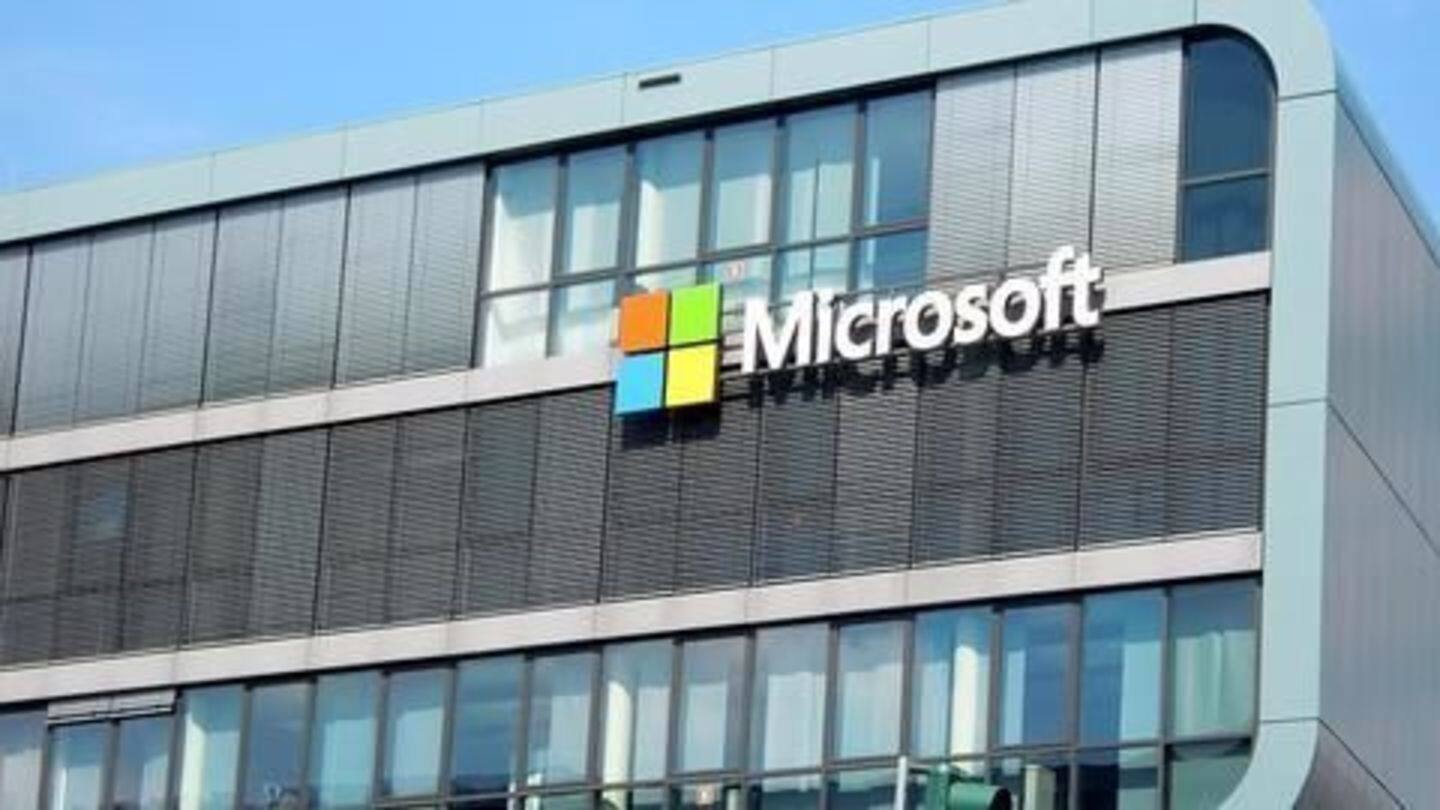
DNA storage for data, Microsoft is taking the leap
What's the story
The problem at hand is "current storage technologies can no longer keep pace with exponentially growing amounts of data," therefore, the solution is "DNA data storage."
Last year, Microsoft said that it has successfully managed to write and recover data totaling to 200MB in synthetic DNA, now it's ready to have a fully functional DNA storage within next few years.
Here's all about it.
Data
The task at hand
Increasing amount of data is being churned out every day, all of which can't be saved due to storage crunch thus; alternative measures are being explored.
Karin Strauss, Microsoft's lead researcher said to MIT technology review, "DNA is a good storage medium because data can be written into molecules more densely than the basic elements of conventional storage technologies can pack it in."
DNA
Building up a large-scale DNA storage system
After their breakthrough, Microsoft last year was "interested in learning whether we can create an end-to-end system that can store information, that's automated, and can be used for enterprise storage, based on DNA," said Kavin Strauss.
However, there was a major hiccup, as custom DNA molecules which would store this data were expensive and therefore, it wasn't commercially viable for a large scale model.
Space
Why is it exciting?
Although pricey, the rewards are also high, DNA can hold 1,000,000,000,000,000,000 (aka a quintillion) bytes of information in a cubic millimeter; to put things into perspective, imagine all the movies in the world stored in a space as big as a sugar cube.
All the data in the world meticulously stored within a fraction of space - this is the goal.
Storage
This is a test run for things to come
Microsoft is, however, not planning to put all its eggs in one basket; what it is now doing is, creating a "proto-commercial system in three years storing some amount of data on DNA in one of our data centers, for at least a boutique application."
Doug Carmean, partner architect at Microsoft Research said, "We hope to get it branded as 'Your Storage with DNA.'"
Future
Is DNA the future? Maybe
This is a highly experimental method of storing data and even Microsoft Research spokesperson upon inquiry said that "specifics on a product plan" is not available at the moment.
It is not understood as of yet that how Microsoft has managed to bring down the cost factor under control either.
All said and done, this does mark an important milestone towards data storage technology.